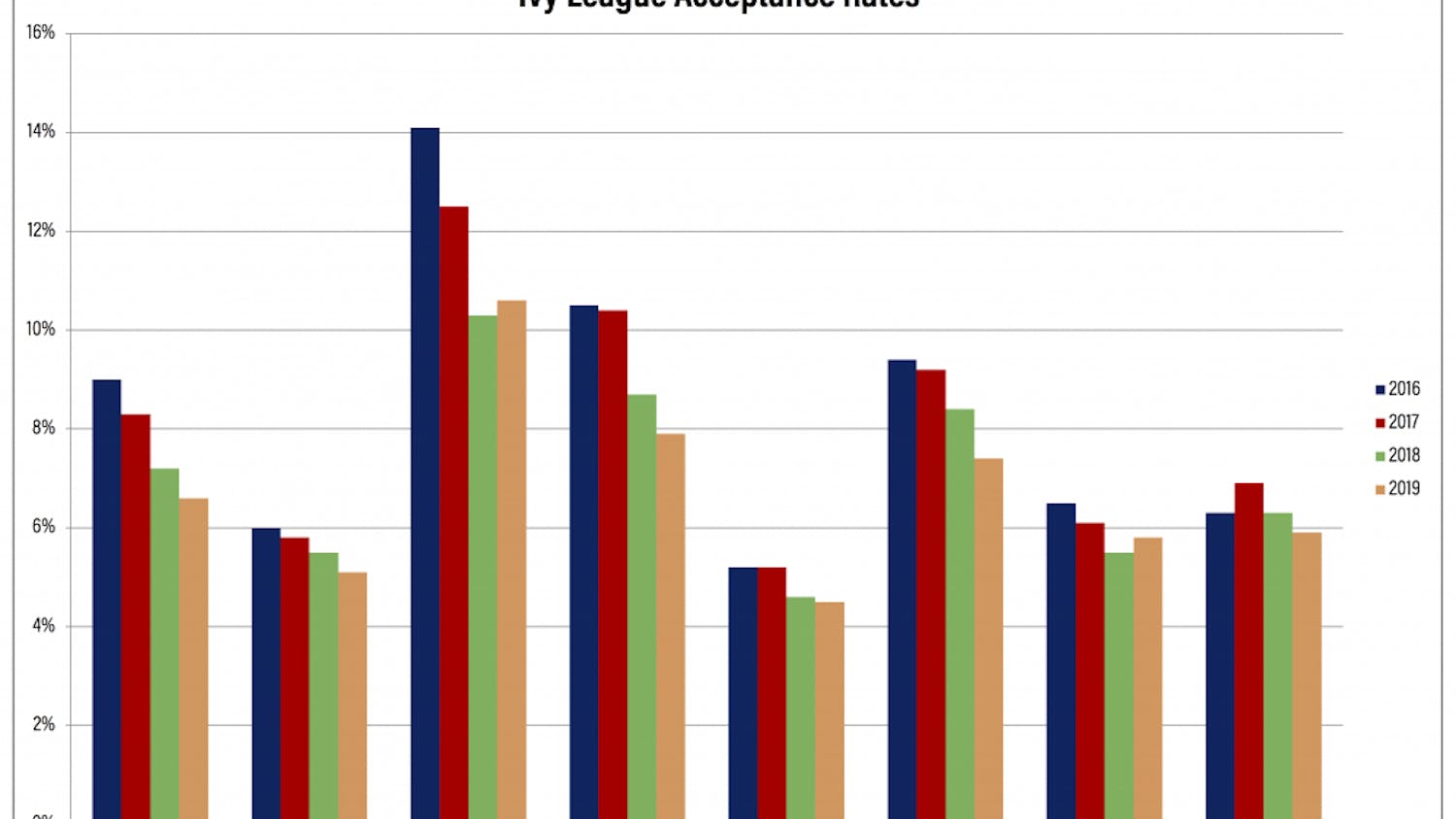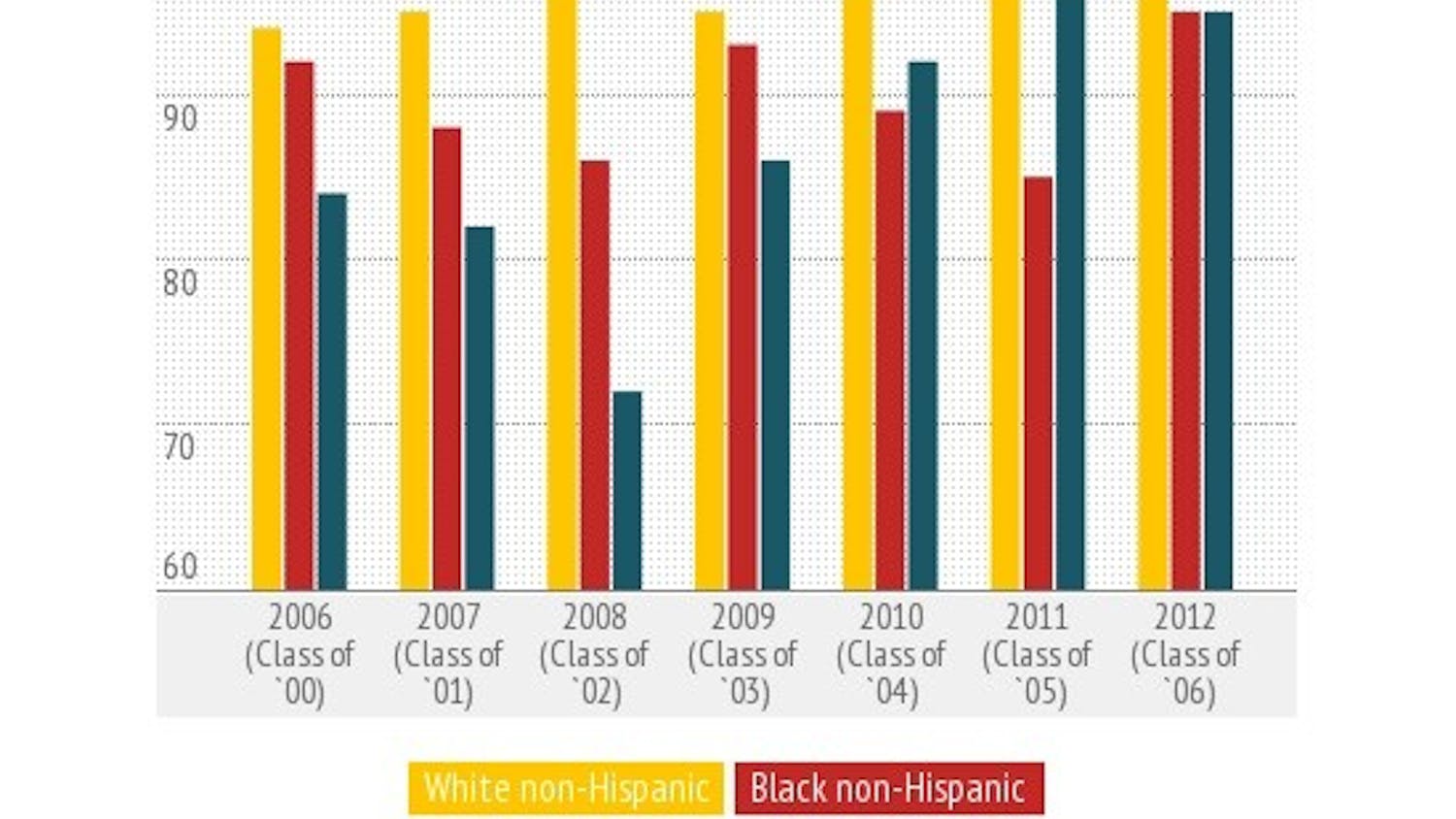Under Dartmouth’s 2018 “Telling Our Story” brand image guidelines, the College seeks to position itself as a “basecamp to the world,” where “scholars … love to teach” and “liberal arts [is] at the core.” Reading these three tenets of our identity, it is clear that the College places teaching and education at the center of its mission. And as the guidelines acknowledge, education is a broadly transformative force. At its best, the education system has the potential to expose students to new possibilities and remove their economic prospects from pernicious cycles of poverty. At its worst, the education system discourages critical thinking, reduces self-efficacy and reproduces inequality. With its ability to profoundly shape the development of its students, education deserves to be studied at the most comprehensive and rigorous level.
But the College’s support of its own education department does not adequately mirror the significance of the system being studied. Whereas other social sciences departments, such as economics, government and psychology have 29, 29 and 21 tenured or tenure-track professors, respectively, the education department has four. Compared to peer institutions straddling the liberal arts college-university divide, Dartmouth is also relatively under-invested in education scholarship. With an enrollment half that of our own, Colgate University, for instance, has seven tenure-track education professors; Colgate also offers a master’s degree in teaching and a teacher education program. Another undergraduate-focused university, the College of William & Mary, is home to an entire School of Education in addition to a substantial teacher education program. The comparison of Dartmouth’s education offerings with fellow Ivy League institutions is less kind. Columbia University, Harvard University, the University of Pennsylvania and Princeton University all host teacher education programs, and all of these schools, except Princeton, offer rigorous graduate programs in education.
While many peer institutions have teacher education programs and offer a major in this field, Dartmouth’s teacher education program has quietly disappeared in the time since I matriculated in 2014, and only a minor in education is offered. Without the ability to become a licensed educator at Dartmouth, students who want to teach are forced to choose ad-hoc teacher preparation programs, such as Teach for America or to teach at private schools. Neither of these options represents an ideal way to reverse the problems inherent in the underprivileged public schools so often in need of well-trained teachers willing to stay for the long-term.
In writing this piece, I seek to diminish neither the important work performed by teachers certified through alternate means nor the scholarship of the existing education faculty. Rather, I write to draw attention to the limited resources available to these scholars and their department.
Fellow R1 institutions, such as Harvard and the University of Texas at Austin, house entire departments dedicated to human development, education policy, curriculum, instruction and more. Dartmouth’s education department, in my experience, is tightly focused on educational psychology and neuroscience. Although I benefited from this specialization as an undergraduate, enabling me to gain entrance into a Ph.D program in the same field, my graduate school experience has awakened me to the breadth of education scholarship. Broad swaths of academic inquiry are simply not covered by the existing faculty’s knowledge base — and how could they be? There are fewer tenure-track faculty in the department of education than there are departments in the College of Education at UT Austin.
Dartmouth’s education department is at a crossroads. If the number of programs and resources associated with this department continues to decline, so will student enrollment in its courses. Eventually, this feedback loop will cause the department to offer even fewer classes and research opportunities to undergraduates. A renewed investment in education faculty and resources presents the best way to reverse this pattern of reduced programming and recruit educationally-minded students. Ultimately, education is the peak of human society and Dartmouth ought to be a solid basecamp.
Schuetze is a member of the Class of 2018.
The Dartmouth welcomes guest columns. We request that guest columns be the original work of the submitter. Submissions may be sent to both opinion@thedartmouth.com and editor@thedartmouth.com. Submissions will receive a response within three business days.



